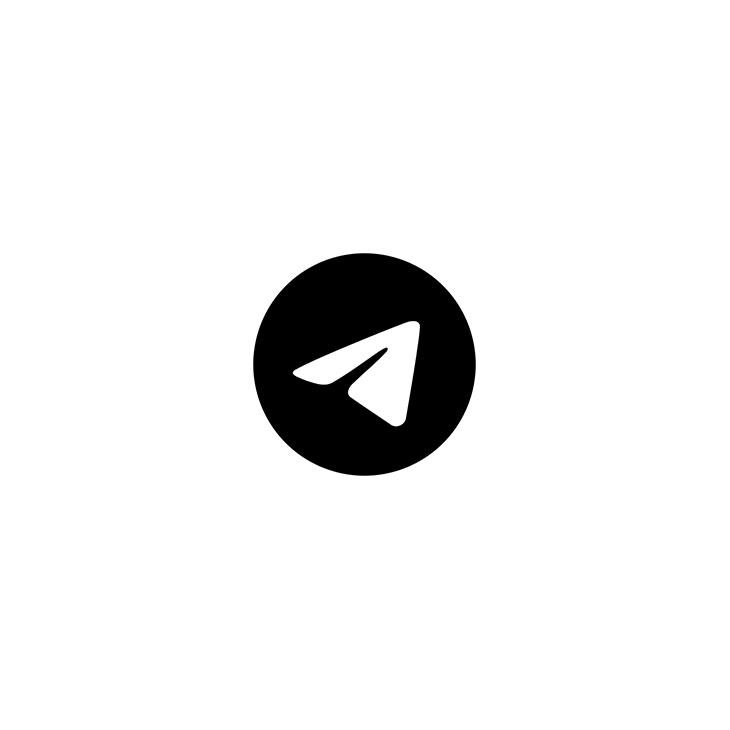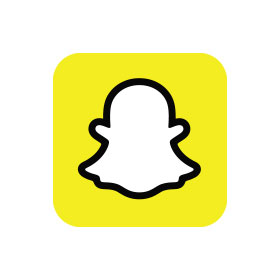The Digital Tug-of-War: Pinterest and Telegram in the Crosshairs
August 28, 2024, 6:18 pm

Location: United Kingdom, England, London
Employees: 201-500
Founded date: 2011
Total raised: $1.33B
In the digital landscape, platforms are often caught in a web of regulations and geopolitical tensions. Recently, two major players, Pinterest and Telegram, found themselves on opposite sides of the law. Pinterest faced a hefty fine in Russia, while Telegram's CEO, Pavel Durov, was arrested in France. These incidents highlight the precarious balance between technology, governance, and free speech.
Pinterest, a visual discovery engine, was slapped with a 7 million ruble fine for failing to monitor prohibited content. This penalty is part of a broader crackdown by Russian authorities on foreign social media platforms. The Russian government has been tightening its grip on digital content, demanding that companies actively police their platforms for material deemed unacceptable. Pinterest was not alone; other platforms like TikTok and YouTube also faced penalties. The message is clear: compliance is not optional.
The fine against Pinterest is a symptom of a larger issue. As foreign companies operate in Russia, they must navigate a complex regulatory environment. The Russian government has been vocal about its expectations, particularly regarding the localization of data. Pinterest previously faced fines for not localizing Russian user data, which is a critical requirement under Russian law. This insistence on data localization is not just about control; it’s about sovereignty in the digital age.
Meanwhile, in France, Pavel Durov, the founder of Telegram, was arrested under the watchful eye of the French authorities. His detention was shrouded in controversy, with President Emmanuel Macron asserting that there was no political motive behind the arrest. Durov is under investigation for allegedly failing to cooperate with inquiries into cyber and financial crimes linked to his platform. This incident has sparked a flurry of speculation and concern over free speech in Europe.
Durov's arrest comes at a time of heightened tensions between France and Russia. As accusations of Russian interference loom large, Durov’s status as a dual citizen of France and the UAE adds another layer of complexity. Critics argue that his arrest could be a chilling signal for tech entrepreneurs operating in Europe. The narrative of free speech being under siege resonates deeply, especially when viewed through the lens of Durov’s past. He left Russia in 2014 after refusing to comply with government demands to shut down opposition groups on his social media platform, VK.
Telegram, with its encrypted messaging capabilities, has become a haven for those seeking privacy and freedom from government oversight. The platform boasts nearly a billion users, making it a significant player in the global digital arena. Durov has consistently maintained that Telegram should remain neutral, steering clear of geopolitical entanglements. However, the pressures from various governments challenge this ideal.
The contrast between Pinterest and Telegram is stark. Pinterest is navigating the regulatory landscape of Russia, while Telegram is grappling with the implications of its founder's arrest in Europe. Both scenarios underscore the fragile relationship between technology companies and government authorities. The stakes are high, and the consequences of non-compliance can be severe.
As the digital world evolves, so do the expectations of governments. The regulatory landscape is shifting, and companies must adapt or face penalties. For Pinterest, the fine is a wake-up call. It serves as a reminder that ignoring local laws can lead to significant financial repercussions. For Telegram, Durov's arrest raises questions about the future of the platform in Europe. Will it continue to thrive, or will it face increasing scrutiny?
The implications of these events extend beyond the companies involved. They reflect a broader trend of governments asserting control over digital spaces. As technology continues to advance, the tug-of-war between freedom and regulation will intensify. The challenge for companies is to find a balance that allows them to operate while respecting local laws and maintaining their core values.
In this landscape, the role of public opinion cannot be underestimated. The arrest of Durov has sparked outrage among advocates of free speech. Critics argue that the French government is sending a message that could deter innovation and entrepreneurship. The response from the Kremlin further complicates matters, as it seeks to protect one of its own. The interplay of these narratives shapes the public's perception of both platforms.
As we move forward, the future of Pinterest and Telegram hangs in the balance. Will they adapt to the pressures of regulation, or will they resist and face the consequences? The digital world is a double-edged sword, offering both opportunities and challenges. For now, these two platforms stand at a crossroads, each navigating its own path through a complex web of laws and expectations.
In conclusion, the recent events surrounding Pinterest and Telegram serve as a stark reminder of the challenges facing tech companies today. As they operate in an increasingly regulated environment, the need for compliance and adaptability has never been more critical. The balance between innovation and regulation will continue to shape the future of these platforms and the digital landscape as a whole. The world is watching, and the stakes are high.
Pinterest, a visual discovery engine, was slapped with a 7 million ruble fine for failing to monitor prohibited content. This penalty is part of a broader crackdown by Russian authorities on foreign social media platforms. The Russian government has been tightening its grip on digital content, demanding that companies actively police their platforms for material deemed unacceptable. Pinterest was not alone; other platforms like TikTok and YouTube also faced penalties. The message is clear: compliance is not optional.
The fine against Pinterest is a symptom of a larger issue. As foreign companies operate in Russia, they must navigate a complex regulatory environment. The Russian government has been vocal about its expectations, particularly regarding the localization of data. Pinterest previously faced fines for not localizing Russian user data, which is a critical requirement under Russian law. This insistence on data localization is not just about control; it’s about sovereignty in the digital age.
Meanwhile, in France, Pavel Durov, the founder of Telegram, was arrested under the watchful eye of the French authorities. His detention was shrouded in controversy, with President Emmanuel Macron asserting that there was no political motive behind the arrest. Durov is under investigation for allegedly failing to cooperate with inquiries into cyber and financial crimes linked to his platform. This incident has sparked a flurry of speculation and concern over free speech in Europe.
Durov's arrest comes at a time of heightened tensions between France and Russia. As accusations of Russian interference loom large, Durov’s status as a dual citizen of France and the UAE adds another layer of complexity. Critics argue that his arrest could be a chilling signal for tech entrepreneurs operating in Europe. The narrative of free speech being under siege resonates deeply, especially when viewed through the lens of Durov’s past. He left Russia in 2014 after refusing to comply with government demands to shut down opposition groups on his social media platform, VK.
Telegram, with its encrypted messaging capabilities, has become a haven for those seeking privacy and freedom from government oversight. The platform boasts nearly a billion users, making it a significant player in the global digital arena. Durov has consistently maintained that Telegram should remain neutral, steering clear of geopolitical entanglements. However, the pressures from various governments challenge this ideal.
The contrast between Pinterest and Telegram is stark. Pinterest is navigating the regulatory landscape of Russia, while Telegram is grappling with the implications of its founder's arrest in Europe. Both scenarios underscore the fragile relationship between technology companies and government authorities. The stakes are high, and the consequences of non-compliance can be severe.
As the digital world evolves, so do the expectations of governments. The regulatory landscape is shifting, and companies must adapt or face penalties. For Pinterest, the fine is a wake-up call. It serves as a reminder that ignoring local laws can lead to significant financial repercussions. For Telegram, Durov's arrest raises questions about the future of the platform in Europe. Will it continue to thrive, or will it face increasing scrutiny?
The implications of these events extend beyond the companies involved. They reflect a broader trend of governments asserting control over digital spaces. As technology continues to advance, the tug-of-war between freedom and regulation will intensify. The challenge for companies is to find a balance that allows them to operate while respecting local laws and maintaining their core values.
In this landscape, the role of public opinion cannot be underestimated. The arrest of Durov has sparked outrage among advocates of free speech. Critics argue that the French government is sending a message that could deter innovation and entrepreneurship. The response from the Kremlin further complicates matters, as it seeks to protect one of its own. The interplay of these narratives shapes the public's perception of both platforms.
As we move forward, the future of Pinterest and Telegram hangs in the balance. Will they adapt to the pressures of regulation, or will they resist and face the consequences? The digital world is a double-edged sword, offering both opportunities and challenges. For now, these two platforms stand at a crossroads, each navigating its own path through a complex web of laws and expectations.
In conclusion, the recent events surrounding Pinterest and Telegram serve as a stark reminder of the challenges facing tech companies today. As they operate in an increasingly regulated environment, the need for compliance and adaptability has never been more critical. The balance between innovation and regulation will continue to shape the future of these platforms and the digital landscape as a whole. The world is watching, and the stakes are high.
